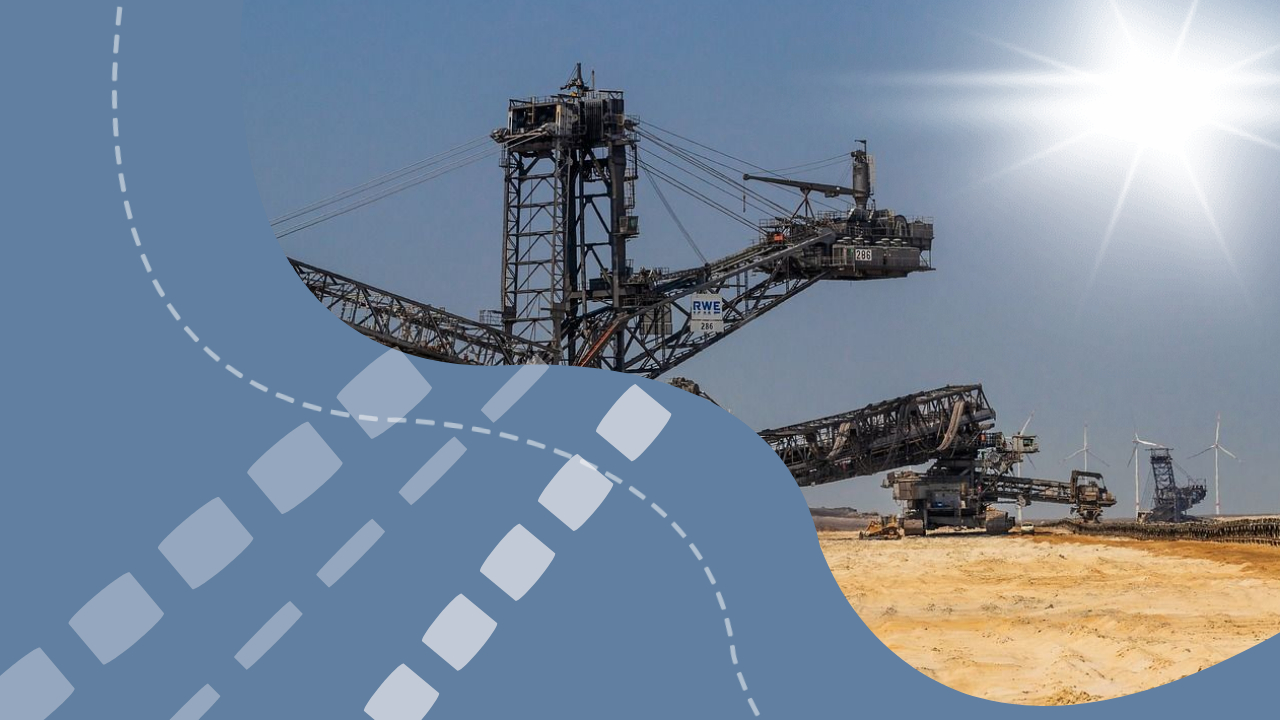Deputy Minister of Industry and Infrastructural Development Azamat Beyspekov said that the mineral resource base of the republic includes deposits of solid and common minerals, hydrocarbons and underground water. In total, the state balance sheet accounts for more than 8 thousand deposits of more than 100 types of minerals.
The state geological study of subsoil is carried out in two directions – regional study of subsoil and prospecting. According to the first one, today 94.5% of the territory of Kazakhstan is covered by geological exploration of areas in two hundred thousand scale. Within the framework of the second direction prospecting works on 16 areas are carried out to ensure stable functioning of town-forming enterprises located near single-industry towns.
The information platform “Minerals.gov.kz” has been put into commercial operation since this year. Currently, it is being filled with geological information: about 40 thousand reports have already been uploaded, and another 16 thousand reports are expected by the end of the year. To ensure open access to geological materials, it is planned to digitize business processes of subsoil users, as well as to implement the principle of a single window for potential and existing investors.
The Minister of Energy Almassadam Satkaliyev spoke about the work being done in the field of hydrocarbon exploration. Minister of Digital Development, Innovation and Aerospace Industry Bagdat Mussin made a report on the digitization of the geological industry and subsoil use.
Having heard the speakers, the Prime Minister emphasized that the development of the geological industry is the basis for replenishing the mineral resource base of the republic and providing the domestic manufacturing industry.
Thus, the procedure for obtaining the appropriate license has been simplified for subsoil users according to the principle of “the first one in and the first one out”. In order to increase the efficiency of the state geological study of subsurface resources, the Concept of development of the geological industry was adopted.
At the same time, an online digital information platform providing open access to geological materials has been put into operation. It provides for the passage of all procedures: from filing an application to obtaining a license.
“An audit of all fields is now underway. Licenses are withdrawn from defaulting subsoil users and contracts are terminated,” Alikhan Smailov said.
At the same time, he pointed out that despite leading positions in the world in certain types of metals, there is a significant reduction in the raw material base. For example, reserves of chromium, aluminum, zinc, copper and lead are declining.
Exploration of rare and rare-earth metals, which are the basis for the production of high-tech products, is proceeding at a low pace.
“We still do not see new discoveries and real work of junior companies, which received licenses on the principle of the first application,” Prime Minister said.
According to the Head of Government, there is a need for a significant upgrade of the scientific base and infrastructure of subsoil research, as well as digitization of geological information for further attraction of investors. In addition, there is a shortage of qualified geologists and surveyors.
“Despite the fact that for 12 years more than 2 trillion tenge of private investments have been directed to exploration works, we are still lagging behind in terms of investments in exploration of new deposits. All necessary amendments to the current legislation have been made to solve all the problems outlined,” Alikhan Smailov emphasized.
Summarizing the above, Prime Minister instructed to prepare a roadmap for increasing the resource base and organization of production of high-tech products based on rare and rare earth metals, to analyze historical data of gas-bearing provinces using modern technological solutions within 2 months, and by the end of the year – to analyze the scientific base and infrastructure with the development of measures for their development.
In conclusion, Alikhan Smailov also noted the need to conduct a comprehensive analysis of all types of historical data and ensure maximum filling of the online platform by the end of the year, as well as to complete the revision of all fields with taking measures against unscrupulous subsoil users.

